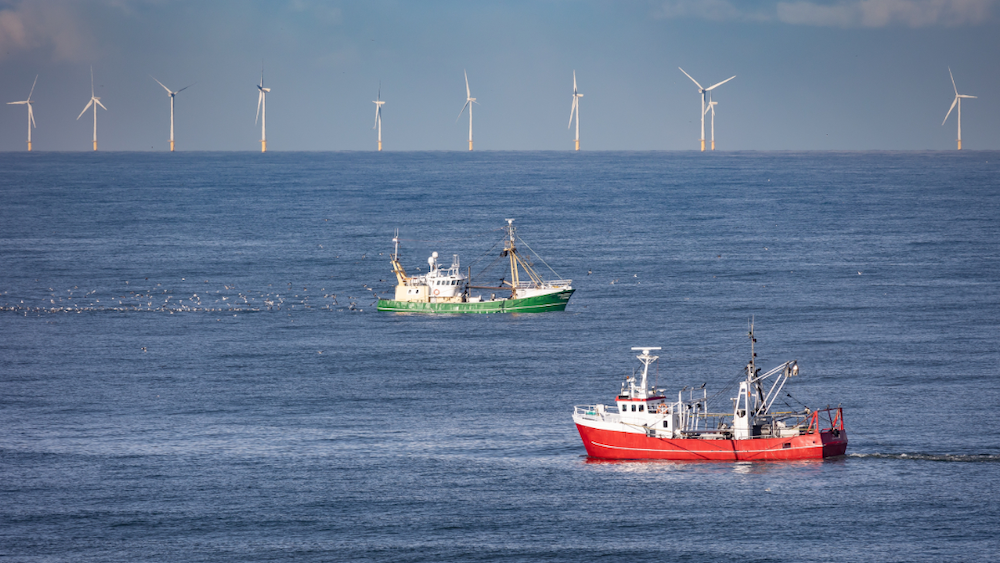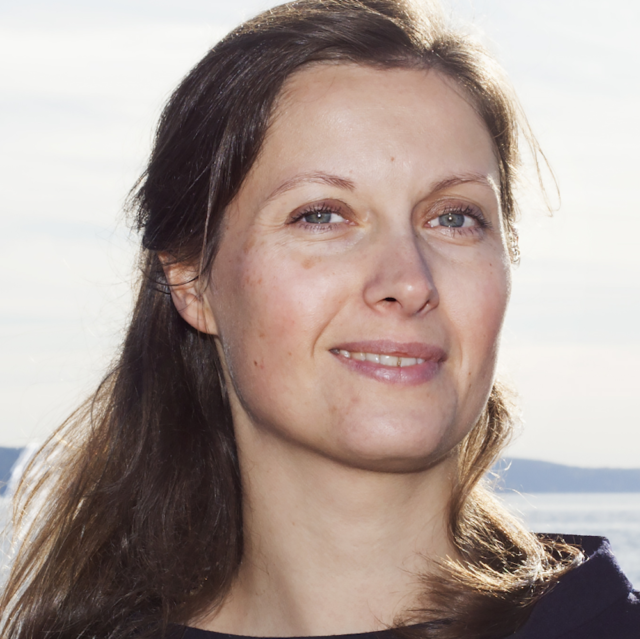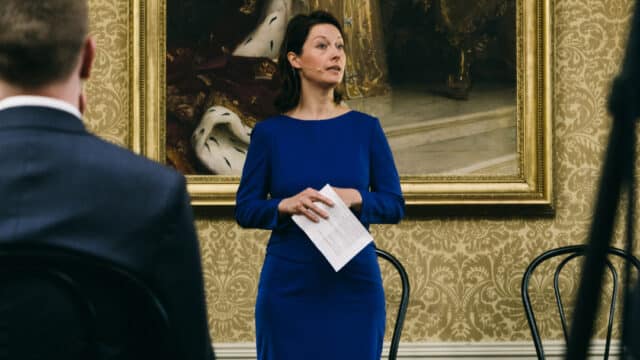Utsira Nord data to enhance marine user coexistence and ocean health
Category
Environment
Date
19 December 2022
Location
Norway

Mainstream is the only offshore wind developer contributing to the three-year Norwegian Marco research project, which is focused on resolving marine user conflicts and protecting ocean ecosystems
Mainstream Renewable Power, DNV and partners will research and develop a toolbox to strengthen coexistence between ocean stakeholders, after the project received a grant of NOK 8.8 million from The Research Council of Norway.
The three-year initiative – known as MARine COexistence scenario building, or Marco – aims to develop a scalable system model toolbox for determining and forecasting marine coexistence between different users of the ocean and marine ecosystems.
The innovation project, led by independent assurance and risk management provider DNV and also involving SalMar Aker Ocean, the Norwegian Institute of Marine Research and the Norwegian Fishermen’s Association, will focus on establishing a common knowledge base among ocean stakeholders, enabling them to identify synergies, resolve conflicts and negotiate win-win solutions while safeguarding ocean health.
Mainstream is the only offshore wind developer that is part of the project, and the Utsira Nord offshore wind licensing area in Norway will act as one of the case studies in the development of the toolbox.
Demand for ocean space for aquaculture and energy production is forecast to increase significantly by 2050, driven largely by offshore wind, according to DNV’s Ocean’s Future to 2050 report released last year. In this race for space, it is essential that expansion takes place in a safe, equitable and sustainable manner.
Future marine spatial planning processes will increasingly need to emphasise coexistence with nature and other human activities. The Marco toolbox is meant to help offshore field developers and operators gain a competitive advantage by more quickly understanding how future competition for space will influence their overall risk and opportunity picture in relation to other ocean users as well as the marine ecosystem.
The toolbox will be developed in a way that allows for scaling and adaptation to different regions and international settings. Offshore wind and aquaculture stakeholders will play an active role in the project to research and develop the toolbox through workshops and meetings to ensure it meets the industry’s needs and expectations.

Mainstream’s Head of Sustainability, Ingrid Lomelde, says data-led research will have a critical role in ensuring the long-term health of the ocean economy
From the perspective of an offshore wind developer, this toolbox will add tangible value to our project planning and it also shows us how digitalisation and digital innovation are critical as we work to ensure a sustainable ocean economy.
With the upcoming licensing round in Norway next year, the use of the Utsira Nord licensing area as a case study is extremely timely, and what we develop together in the project will contribute to knowledge and technology development in the Norwegian marine and offshore wind sector in the short and long term.Ingrid Lomelde
Head of Sustainability, Mainstream
The Marco toolbox will support strategic planning and stakeholder dialogues in connection with offshore field developments, marine spatial planning, and ecosystem management. It will seek to capture the impact ocean industries have on each other and the environment, as well as the cumulative effects from all industries combined.
The toolbox will combine spatial and temporal analysis to allow ocean stakeholders to interactively explore different scenarios for coexistence. It will draw upon state-of-the-art marine science and ecosystems modelling.
Spatial analysis, using Geographic Information System (GIS) technology for mapping out plausible development trajectories, will link and explore implications for marine ecosystems. Temporal analysis, using system dynamics (SD) modelling, will link economic development with the impacts on nature.
The toolbox aims to provide transparency and trust in consenting processes and stakeholder dialogues. It will move beyond existing solutions for ocean management by targeting opportunities for coexistence.
Bente Pretlove
DNV Ocean Space Programme Director
About DNV
DNV is an independent assurance and risk management provider, operating in more than 100 countries. Through its broad experience and deep expertise DNV advances safety and sustainable performance, sets industry standards, and inspires and invents solutions.
Media Enquiries

Emmet Curley
Head of Communications and Positioning
